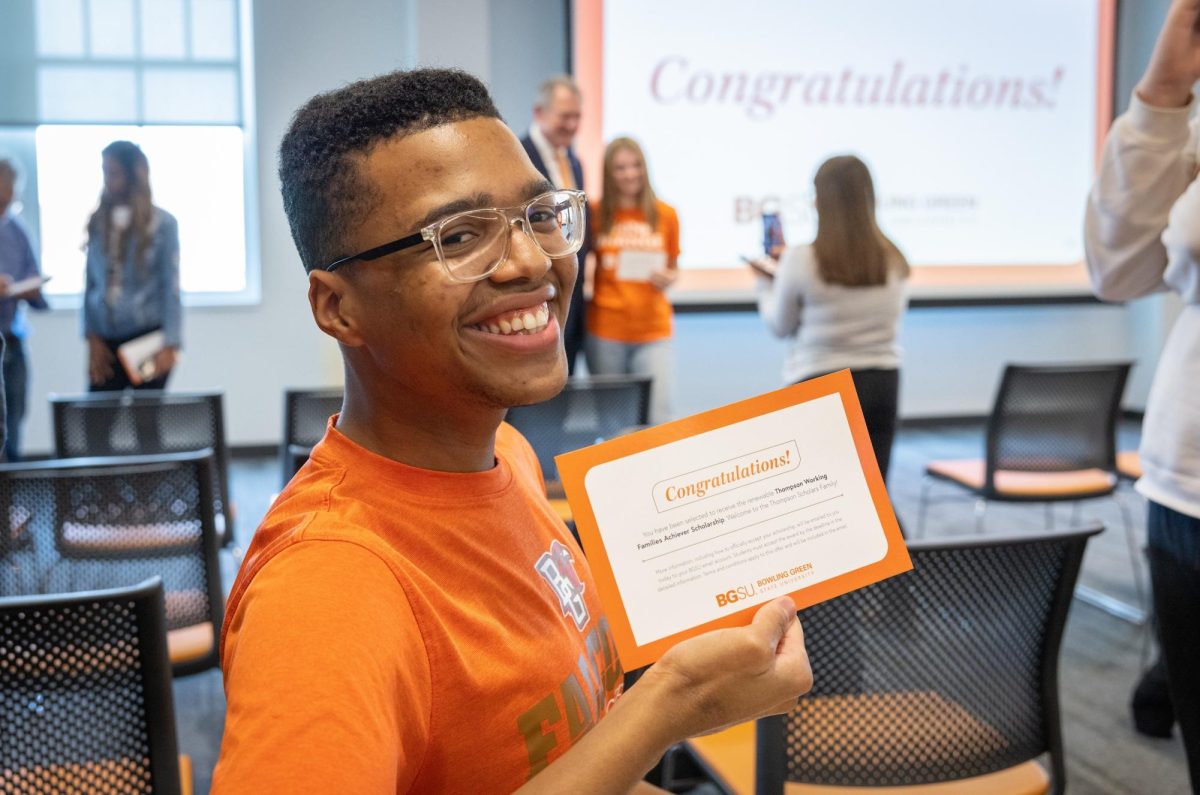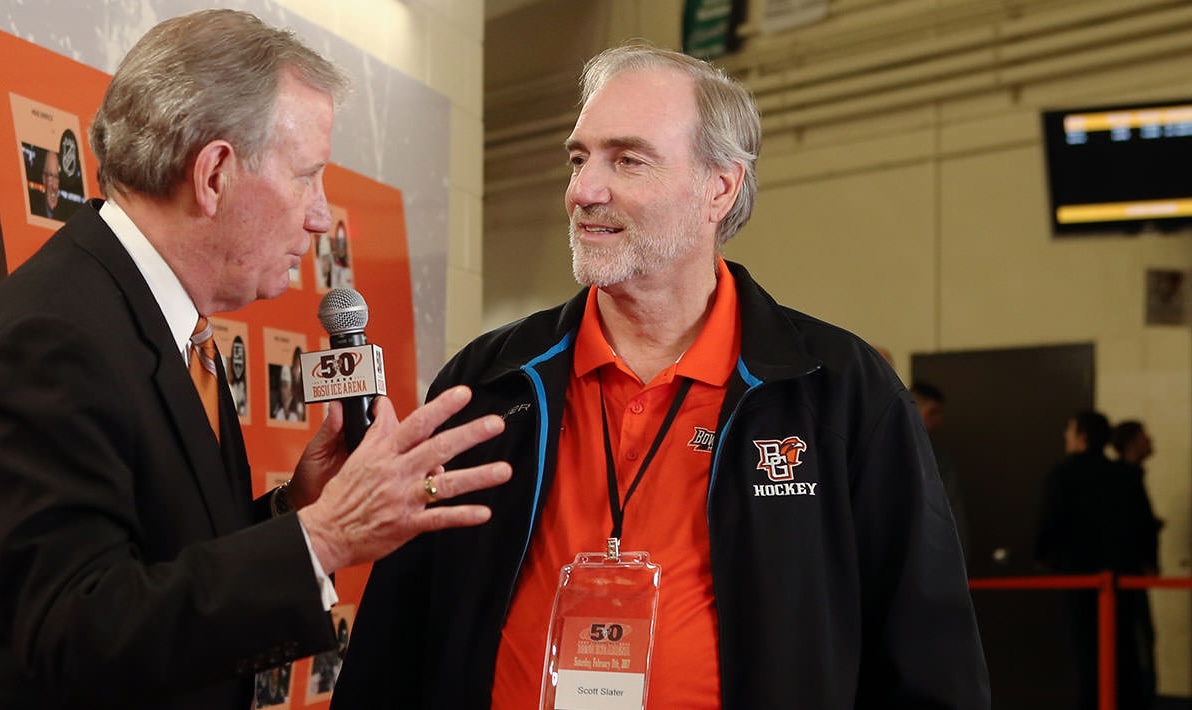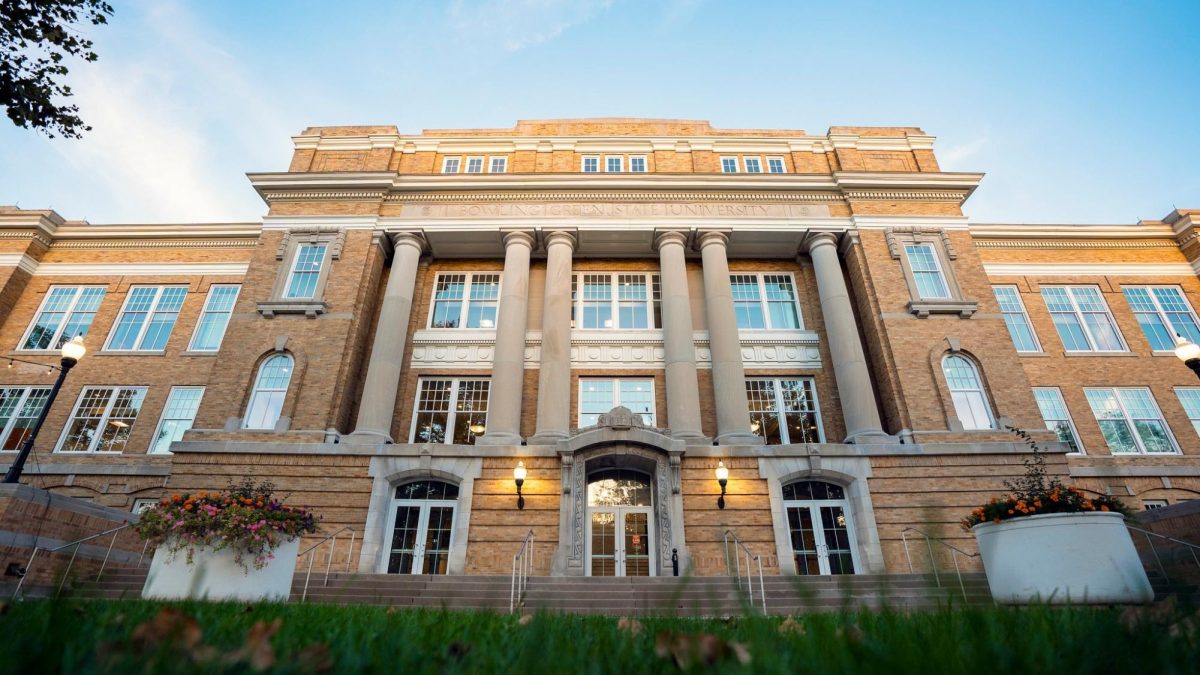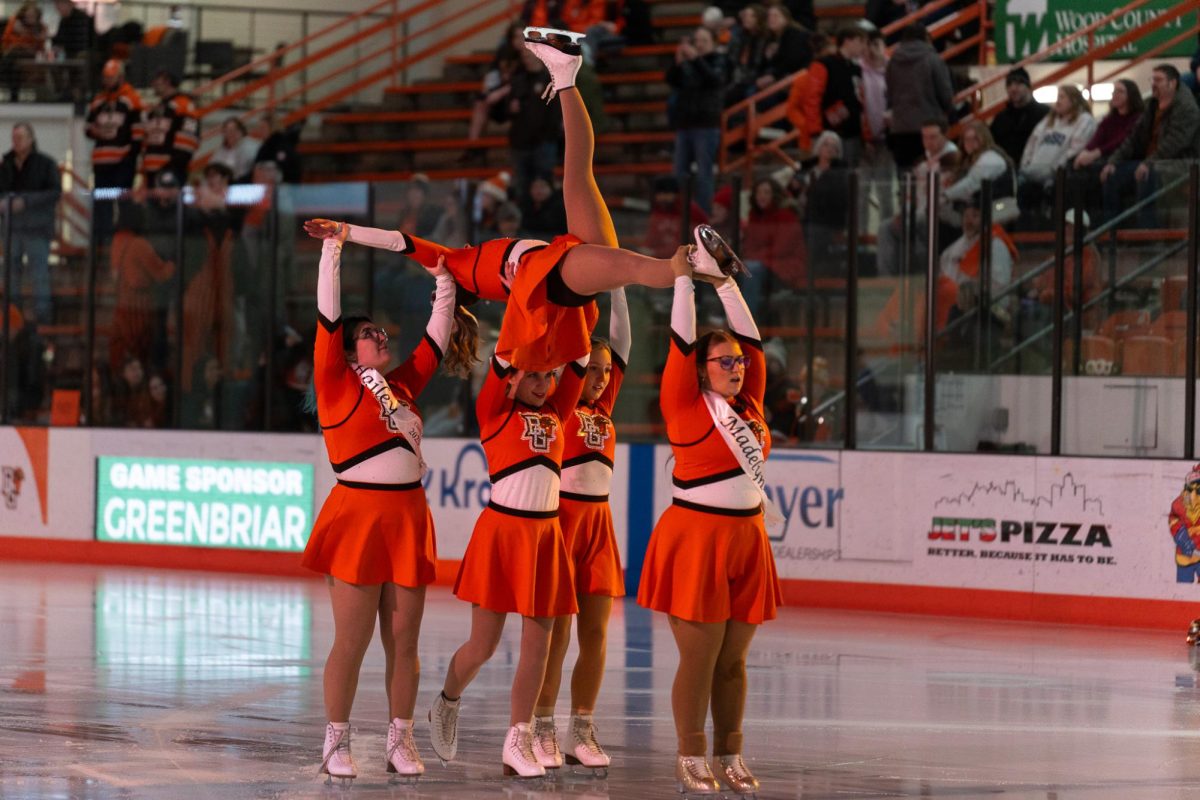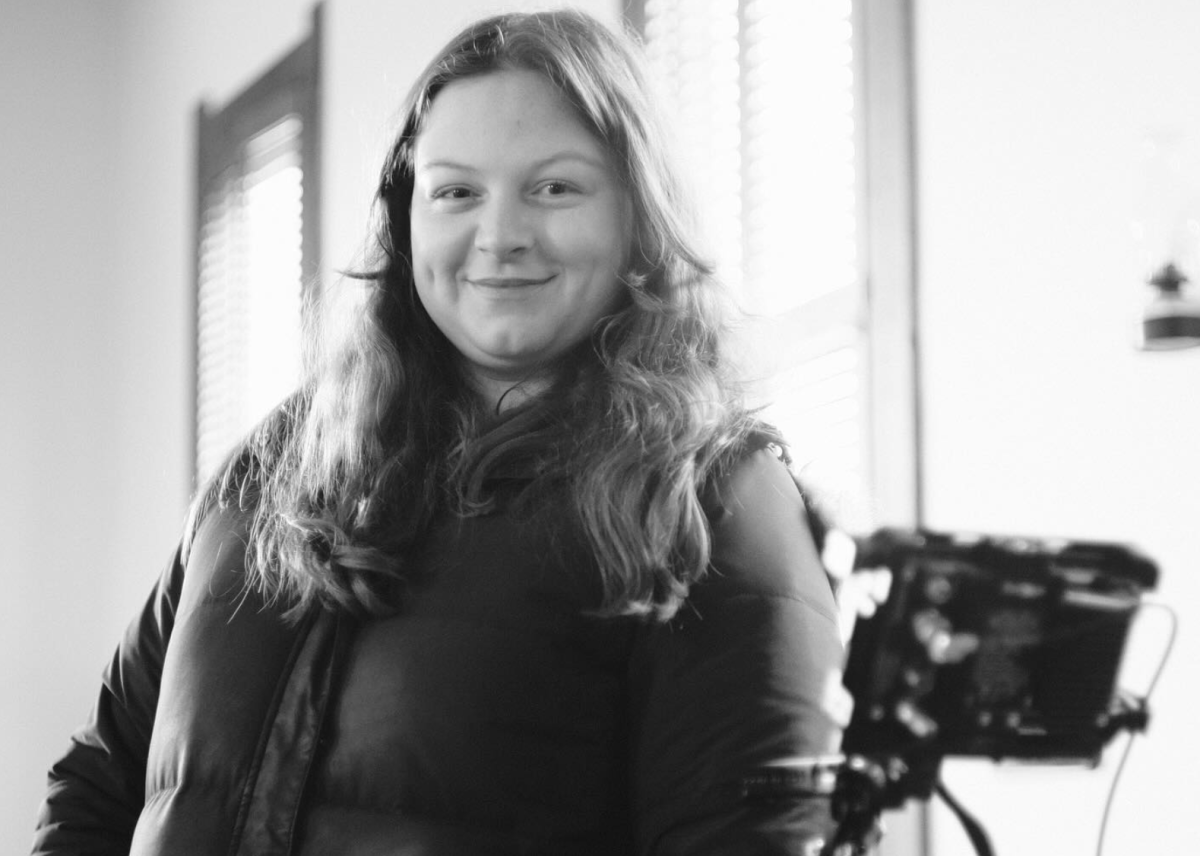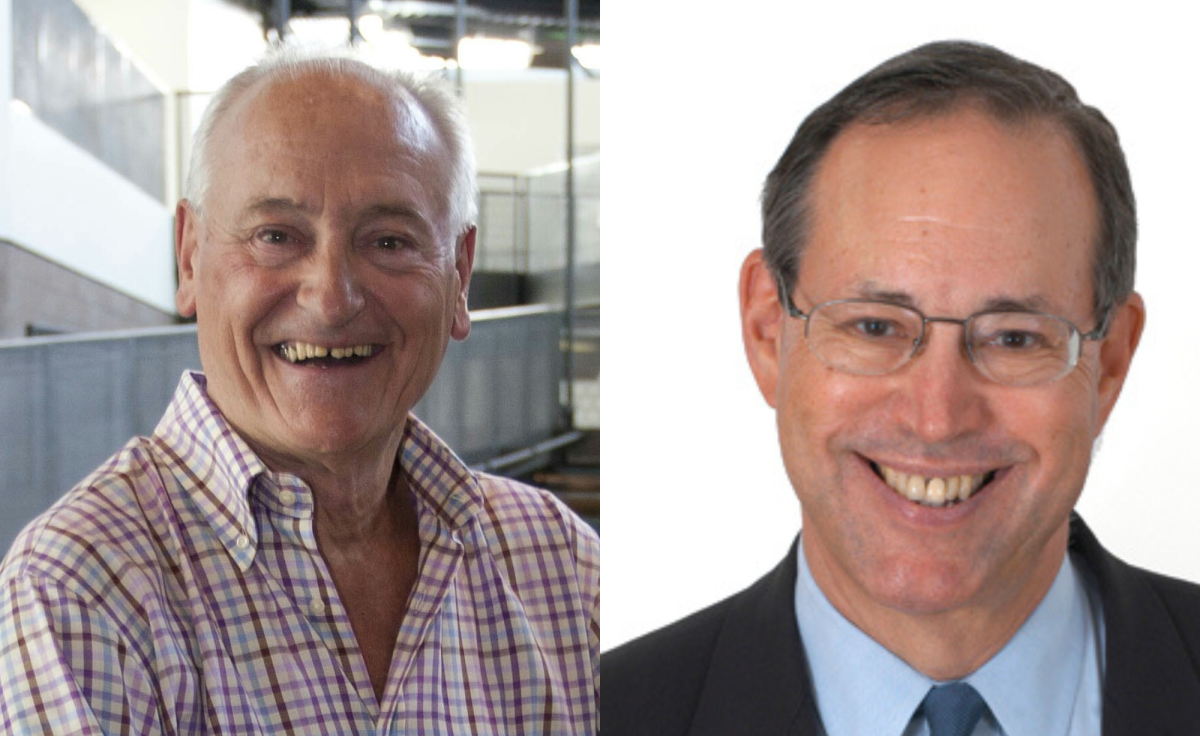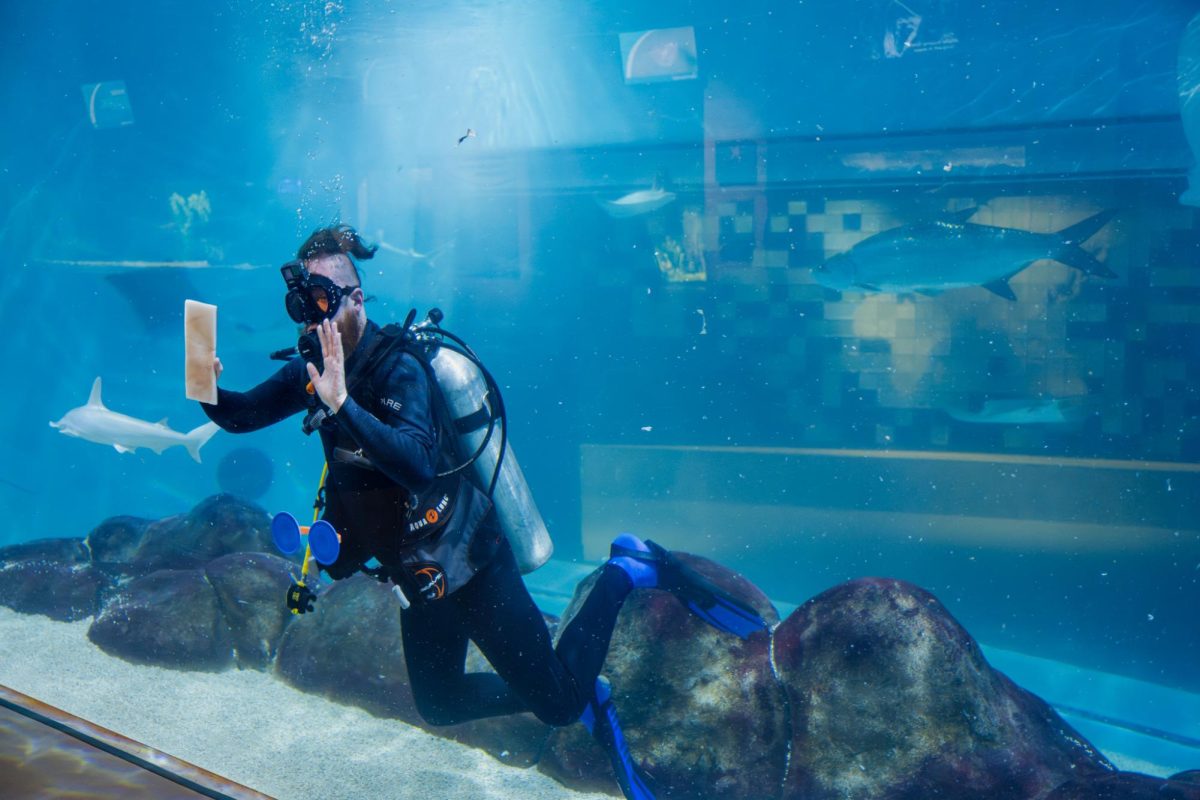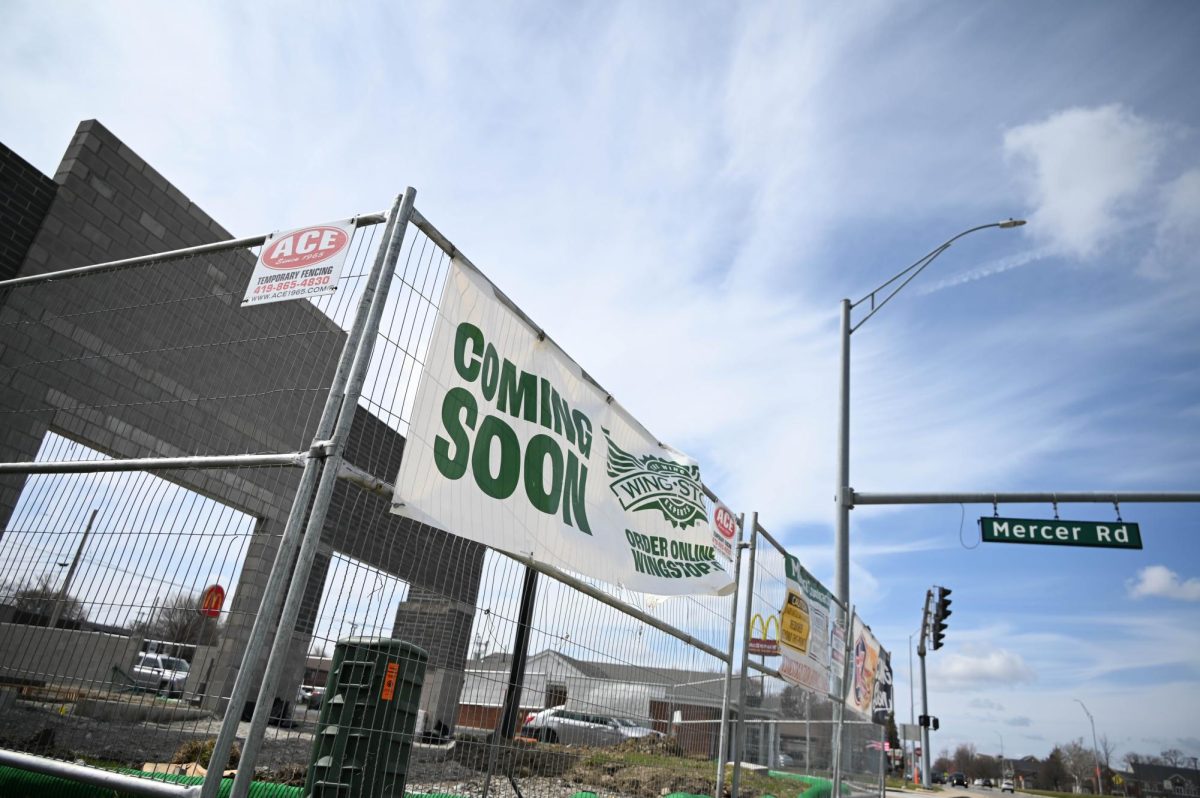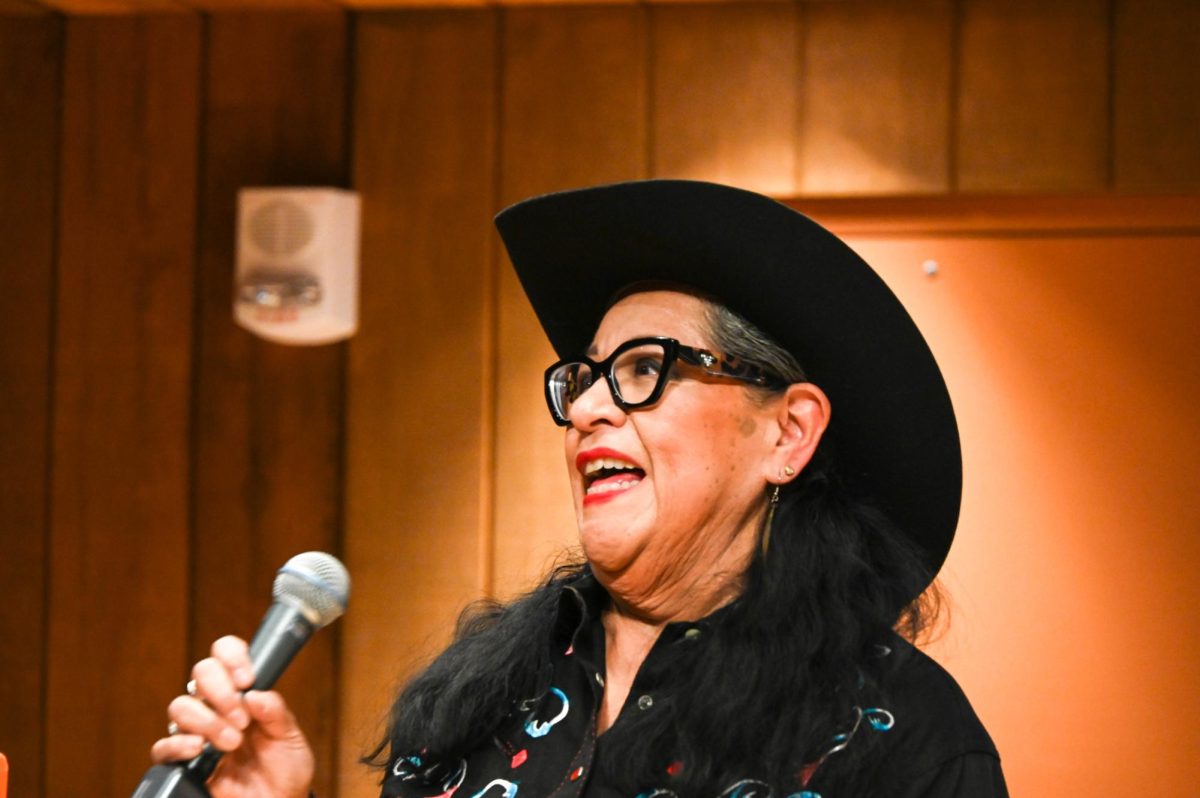After the recent events in Charlottesville, VA, a panel was coordinated by student leaders of Undergraduate Student Government, Vision, the Black Student Union and University staff members to discuss what measures can be taken to prevent something similar happening at the University.
The presentation was conducted by BSU President Angelica Euseary and Vice President Zarina Cornelius and facilitated by USG Vice President Jauntez Bates. The conference was open to and run by questions from students and community members in the audience.
“Last year we had a panel like this, but [that] was focused on black students, and the administration wasn’t here,” Euseary said. “This year we decided to make it open to all students, because these types of issues effect everyone, and we collaborated with Administration, USG, Vision and other group leaders that were at the Student Leadership Retreat this summer.”
Chief of Campus Police Mike Campbell came to discuss what would happen if a protest like this would happen on campus.
“I can’t speak for the nation, but I can talk for BGSU,” Campbell said. “We’re going to do everything we can to make sure that everything is done safely. I don’t specify who we’re talking about. What I’m looking at is we should have equal protection across the campus. Our demeanor doesn’t change based on marginalized or non-marginalized groups. We want to make this a safe environment.”
Campbell said the best way to a prevent violent situation like the one in Charlottesville is to be comfortable communicating with University police as early as possible when a problem starts.
“You guys are going to know that there is something brewing before I do. The more we’re prepared, the better it will be. Please let us know. We will do everything we can,” Campbell said.
Bates said in order to move forward as a student body, everyone needs work together.
“We encourage people to share their experiences. Our goal is to unite our campus,” Bates said. “In previous incidents that occurred on campus, we focused on the small community that was effected. We need to come together, vocalize issues and address problems that are affecting all students.”
Associate Vice President of Student Affairs Jodi Webb promoted the “See it. Hear it. Report it.” policy that started last spring. Webb said if students need immediate assistance, they should go to the police right away. She also said posting about issues on social media was more hindersome than helpful for the University.
“It causes us [to] not go get the whole story when incidents are put on social media first,” Webb said. Instead of posting on social media, she said students can use the University’s app to report something pressing.
Vice President and Provost for Student Affairs Thomas Gibson said there is an ongoing effort to hear student concerns on campus before they become an even bigger problem.
“The institution is doing a number of things to be responsive to student concerns. I learn the most about these concerns on Falcon First Fridays, where I can sit down with students,” Gibson said. “We’re increasing training in residence halls, bringing in a diversity trainer. There is always an opportunity for us to do better. We want to have a better understanding on what responses would be most helpful for students.”
Euseary had positive words to share at the end of the Community Conference.
“I liked how people came out and had a conversation. I like that the administration was here and people got their questions answered directly,” she said. “This is just the beginning of the conversation.”


